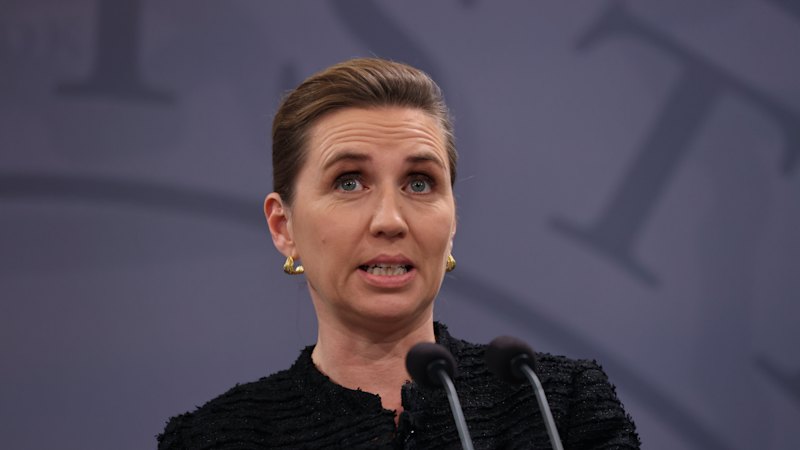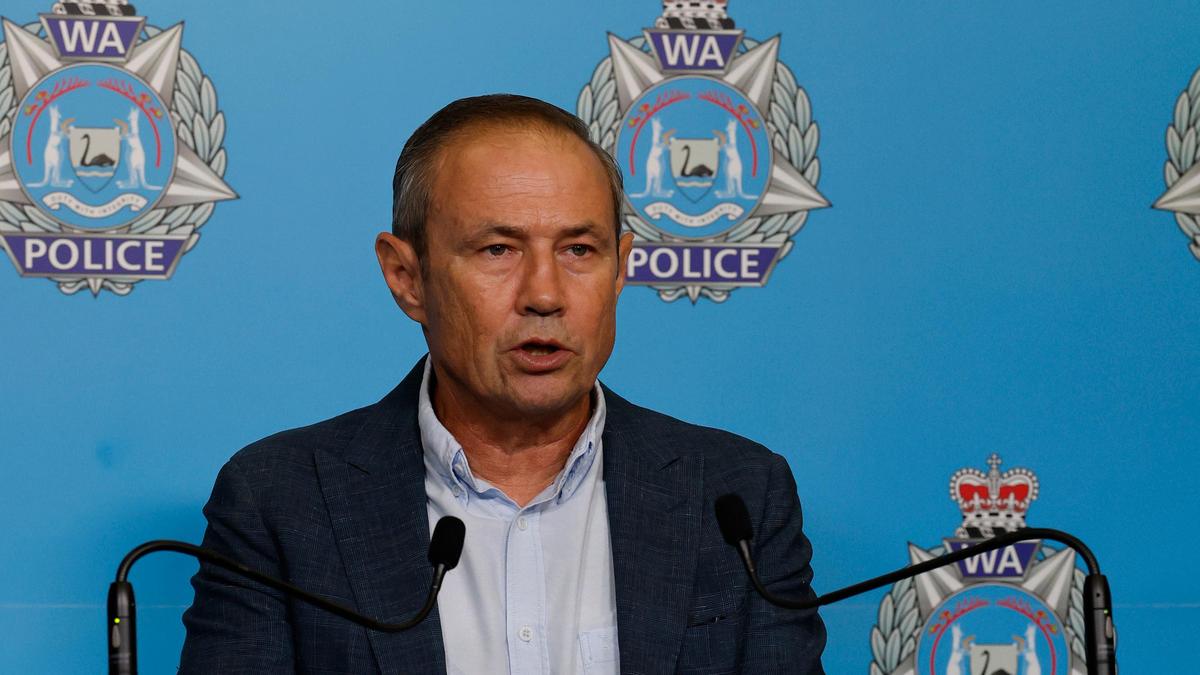
URGENT UPDATE: Australia’s housing crisis is forcing families into chaos, as evidenced by one mother’s staggering journey of moving 42 times in 37 years. Rebecca, a 58-year-old mother of two, is struggling to find stable, long-term rental accommodation, reflecting the deepening rental crisis affecting many Australians.
Rebecca’s story highlights the harsh realities faced by tenants nationwide. “It’s very difficult to put down roots in a community,” she stated in an interview with NewsWire. The surge in short-stay holiday homes, including platforms like Airbnb, has severely limited available rental options, forcing families like hers to face continual upheaval.
In one instance, Rebecca secured a rental in the Adelaide Hills, only to have the new owner convert it into a short-stay property days later. “That owner sold the property to another owner, who changed it to an Airbnb, so I had to go,” she explained. Currently, she is paying cash to rent a room in the beachside suburb of Glenelg. “It just causes so much disruption,” she added.
Advocacy group Everybody’s Home is sounding the alarm, stating that negative gearing tax concessions are wreaking havoc on the housing market. These tax breaks allow property investors to offset losses against taxable income, a strategy that critics argue incentivizes short-term rentals over long-term housing solutions. “Everyday people are footing the bill for property investors to write off losses from holiday homes,” said spokeswoman Maiy Azize.
The group’s new report reveals that the rise in short-stay accommodations has resulted in reduced rental supply and skyrocketing rents. According to their findings, there are over 167,000 entire homes currently listed as short-term rental properties, exacerbating the crisis for renters.
Eliminating negative gearing for these properties could yield between $111 million and $556 million annually for the Treasury, according to modeling by Everybody’s Home. They are urging the federal government to amend the Income Tax Assessment Act to prevent properties primarily used for short-stay rentals from qualifying for these tax deductions.
Despite the mounting pressure, Prime Minister Anthony Albanese has ruled out changes to negative gearing policies. “The key to housing is supply, supply and more supply,” he stated during a recent Sky News interview.
Housing Minister Clare O’Neil has announced a significant allocation of $43 billion to increase housing supply and ease construction restrictions. This funding aims to tackle the ongoing crisis, but many are questioning whether it will be enough to address the urgent needs of families like Rebecca’s.
As the situation develops, families across Australia are left grappling with the severe implications of a rental market that increasingly favors investors over residents. The call for reform grows louder, as communities await crucial changes to ensure affordable housing becomes a reality once more.
Stay tuned for further updates on this rapidly evolving crisis.







